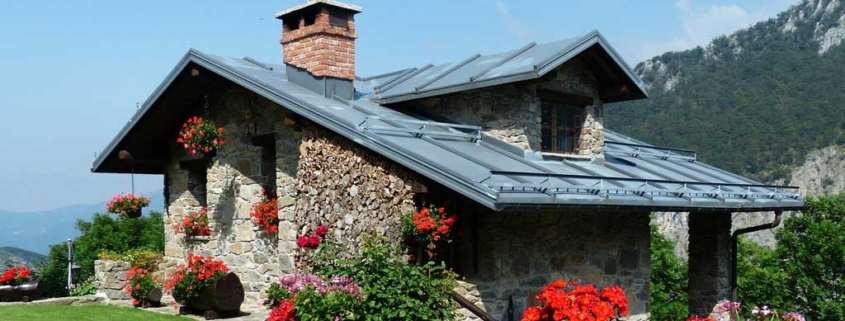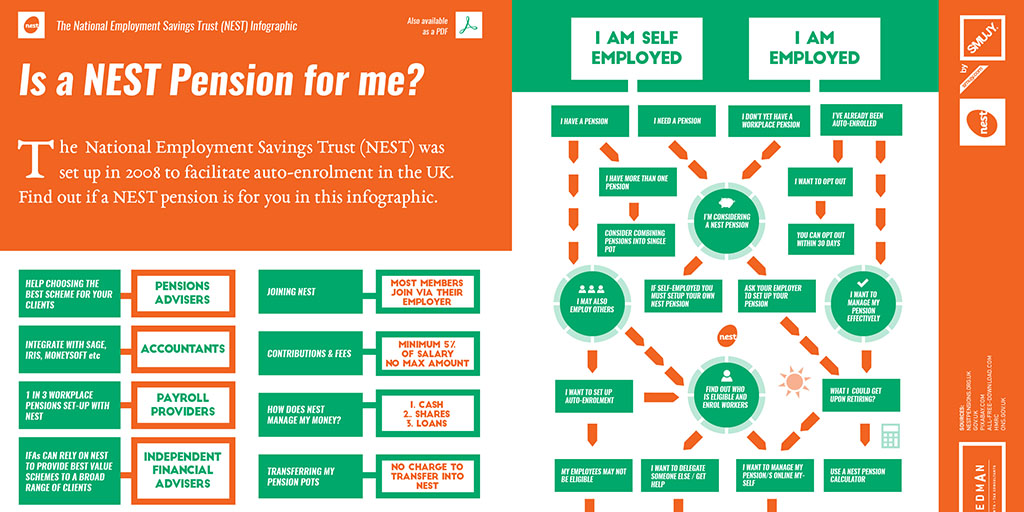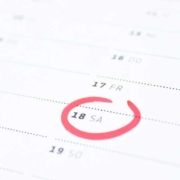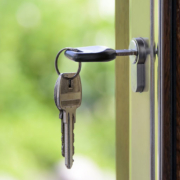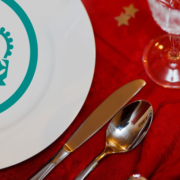Am I liable for Capital Gains Tax on an Inherited House I Couldn’t Access?
This is an interesting Q & A style article we found about capital gains tax on UK property which may be helpful for those making decisions involving the UK property market.
Q My mother died 12 years ago, leaving her cottage to me and my brother. I inherited no money. The will stated that her second husband – my stepfather – could live in the house rent-free for as long as he lived, which was until quite recently. During that time I paid my share of maintenance costs for repairs, and my stepfather paid the bills.
I have now sold my half of the cottage to my brother. I have a valuation from the probate of £60,000 for the whole of the property (which seems very low), and I sold for £80,000. I am worried that my capital gains tax (CGT) liability may therefore be calculated on figures of £80,000 minus £30,000 minus my £10,600 allowance, ie my gain will be approximately £40,000. At a tax rate of 18% or 28% this seems to be an awful lot to have to pay on an asset that I had no choice about owning, no access to, and no opportunity to sell at any other time. Can you please advise what are the rules in this complicated situation? BP
A The fact your mother’s will stated that your stepfather had the right to live in the cottage until his death suggests that an interest-in-possession trust was set up. This would have given your stepfather the right to use the property in his lifetime, and you and your brother an absolute entitlement to the property on your stepfather’s death. Assuming that such a trust was created, the CGT position may be better than you think.
When your mother died the cottage became the trust’s asset, not yours. It became you and your brother’s asset only on the death of your stepfather, which would have brought the trust to an end. And there is usually no CGT to pay when beneficiaries (in this case you and your brother) acquire an asset on the death of the life tenant (your stepfather).
When calculating your own CGT bill your gain would be the amount your brother paid you for your share minus the market (not probate) value of your share at the date of your stepfather’s death (rather than your mother’s). As the market value of your share at the time of your stepfather’s death is likely to be nearer to what your brother paid you for it, your gain may well fall into the tax-free allowance of £10,600, or at least not exceed it by too much.
guardian.co.uk © Guardian News & Media Limited 2010
Published via the Guardian News Feed plugin for WordPress.
- HMRC Investigate Fraudulent Job Retention Scheme Claims - June 17, 2020
- Worldwide Disclosure – HMRC and Living Overseas - May 21, 2019
- UK Tax Loan Scheme for Pilots Still Up in the Air - March 20, 2019
Ricky worked as an Investigator in the Inland Revenue for over 20 years before founding Steedman & Company in 1987, giving him the experience and knowledge that enabled him to help so many clients over the years.
His appearance on a Channel 4 television programme about the inside workings of Revenue and Customs was watched by 4.1m which sealed his status as one of the most highly respected tax consultants to ever work in Scotland.
Ricky led all tax investigation and COP 9 cases, using his extensive knowledge to help people reach a positive resolution to their situation.
Ricky passed away suddenly and unexpectedly in June 2022 after leaving his indelible mark on the company he founded and headed for over 35 years.
